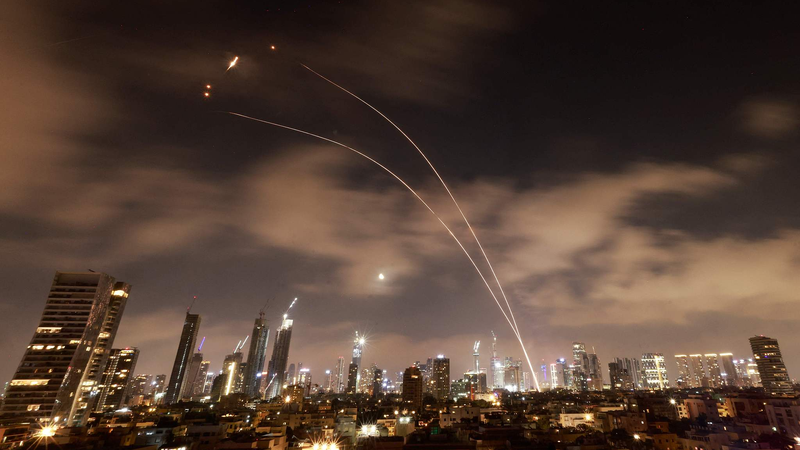As regional tensions reach a boiling point, Iran has delivered a stark warning: if the United States steps into Israel’s military campaign, Tehran will strike back decisively. Speaking to reporters in Geneva on Wednesday, Iranian Ambassador to the United Nations in Geneva Ali Bahreini said he sees the U.S. as 'complicit in what Israel is doing.'
Israel launched what it described as its largest-ever air war on Iran last Friday, claiming the Islamic Republic was close to developing a nuclear weapon. So far, U.S. forces have provided indirect support, helping to intercept missiles fired toward Israel and deploying additional fighter jets to the region.
Bahreini made it clear that Iran will not hesitate to defend its people, security, and territory. 'We will not show any reluctance in defending our people, security and land – we will respond seriously and strongly, without restraint,' he said.
Meanwhile, thousands of residents have been evacuating Tehran and other major cities as new missile strikes were exchanged between the two countries. Iranian state media reported mass departures on Wednesday, as calls for de-escalation went unheeded.
The Israeli military confirmed that two barrages of missiles were launched toward Israel in the early hours of Wednesday, with explosions heard over Tel Aviv. The rapid-fire exchanges highlight the growing risk of a wider conflict that could draw in multiple global powers.
As young global citizens watch closely, the situation underscores how interconnected our security is today. With each move closely tracked on social media and in boardrooms worldwide, the potential economic and humanitarian fallout is profound.
What’s next? Analysts warn that any direct U.S. involvement could prompt a swift retaliation by Iran, further destabilizing the region and impacting global markets. For travelers and digital nomads, the unfolding events serve as a reminder to stay informed and prepared in an era of rapid geopolitical shifts.
Reference(s):
cgtn.com



